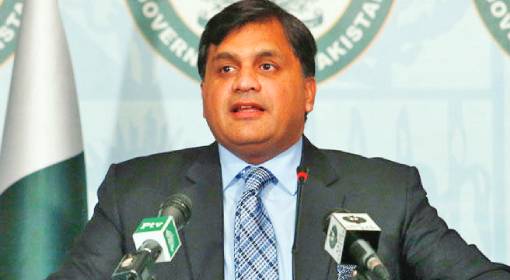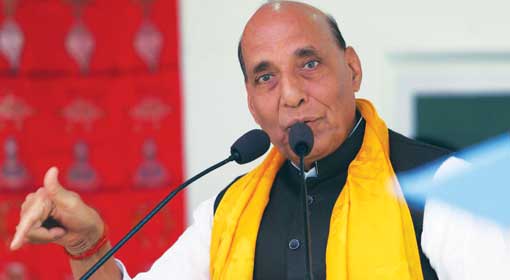New Delhi: As per reports, the parliamentary committee has recommended ‘The Indus Water Treaty signed between India and Pakistan in 1960, mediated by the World Bank, has become obsolete. The questions posed today were not considered at that time. Therefore, it becomes necessary to renegotiate the treaty.’ Disputes between India and Pakistan over the Indus Water Treaty have increased over the last few years. Pakistan has raised objections to the dams being built by India in its own territory. But India has adopted the stand that no drop of water from its share will be allowed to flow into Pakistan and has undertaken many small and big hydro projects in Jammu-Kashmir and Punjab. Against this background, the recommendations of the parliamentary committee become noteworthy.
 The parliamentary committee has noted many issues in the report. Issues of climate change and global warming have been highlighted in the report. The availability of water in the rivers in the Indus valley is being affected due to environmental changes. There also are many other challenges. The parliamentary committee has said these were not considered while signing the agreement. Therefore, the parliamentary committee has recommended renegotiation of the treaty. The two countries can jointly decide the changes to be made to the agreement. As this is an issue regarding the country’s foreign policy, the government said that these recommendations and suggestions had been sent to the foreign department.
The parliamentary committee has noted many issues in the report. Issues of climate change and global warming have been highlighted in the report. The availability of water in the rivers in the Indus valley is being affected due to environmental changes. There also are many other challenges. The parliamentary committee has said these were not considered while signing the agreement. Therefore, the parliamentary committee has recommended renegotiation of the treaty. The two countries can jointly decide the changes to be made to the agreement. As this is an issue regarding the country’s foreign policy, the government said that these recommendations and suggestions had been sent to the foreign department.
The Indus Water Treaty divided the water from the rivers originating or flowing from Jammu-Kashmir into Pakistan. This treaty, which decided the amount of water flowing through the rivers Bias, Ravi, Sutlej, Indus, Chenab and Jhelum to be retained by India and what percentage would be allowed to flow into Pakistan, was signed with the mediation of the World Bank. Disputes have frequently flared up on this issue. Pakistan repeatedly complains about India’s dams in its border regions. Pakistan has even taken the matter to the international arbitrator.
Pakistan accused these projects violate the Indus Water Treaty and India is creating artificial water shortages or floods in Pakistan using these projects. But even the international arbitrator dismissed this Pakistani claim and ruled that these projects are valid under the agreement.
Following the Uri attack in 2016, India issued an ultimatum to Pakistan that water and blood cannot flow together and had given clear indications to withdraw from the treaty. Taking the stand that no drop of water from the Indian share would be allowed to flow into Pakistan, the government started constructing dams and irrigation projects in Punjab, Haryana and Jammu-Kashmir. Following the Pulwama attack in 2019, the Indian government announced the decision to divert all the water from the rivers in eastern Kashmir to Punjab, Haryana and Rajasthan for various purposes. Many projects are already underway.
As per the Indus Water Treaty, India can store up to 36 Million Acre Feet (MAF) of water. But India has not built storage capacities of this size to date. Against all this background, the recommendations made by the parliamentary committee to renegotiate the Indus Water Treaty become noteworthy.











